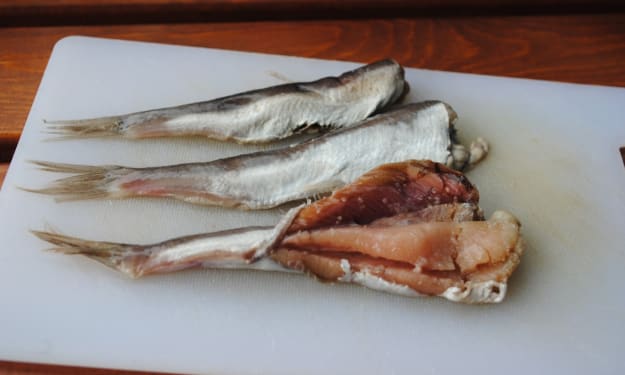Biryani: A Form of Art
A Tour of the Varieties and History of This Iconic Dish"

A savory rice meal prepared with aromatic basmati rice, veggies, meat (chicken, lamb, or beef), and a mixture of spices.
A culinary masterpiece that has won the hearts and taste buds of millions of people worldwide, biryani is more than just a meal made of blended rice. This famous dish has a long history and is available in a variety of forms, each with its own special combination of spices, meats, and veggies.
The Development of Biryani
Biryani has its roots in the Indian subcontinent, where it is thought to have started during the Mughal era.
From the 16th through the 19th century, a large portion of the Indian subcontinent was governed by the Muslim dynasty known as the Mughals.
They were renowned for their love of eating and brought several new dishes, like biryani, to the area.
- It is believed that the word "biryani" derives from the Persian verb "birian," which means "to fry before cooking."
- This approach involves frying the rice and the spices before adding meat or vegetables.
- In order to improve the flavor of the dish, the Mughals also popularized the use of fragrant spices like saffron, cardamom, and cloves.
The biryani evolved over time and has various regional varieties. Today, it is popular throughout the world, especially in Southeast Asia, the Middle East, Pakistan, Bangladesh, and India.
Different types of biryani
There are numerous types of biryani, each with a special combination of spices and ingredients. Among the most well-liked varieties of biryani are:
- Hyderabadi Biryani: This type of biryani is produced in the Indian city of Hyderabad with basmati rice, meat (often chicken or lamb), and a blend of spices, including saffron and green chili peppers. It is frequently served with mirchi ka salad and raita.
- Lucknow Biryani: This type of biryani originates from the Indian city of Lucknow and is often prepared with flavorful spices like saffron and cardamom. Mint leaves and fried onions are frequently used as garnishes.
- Kolkata Biryani: This type of biryani is created in the Indian city of Kolkata using a variety of spices, meat (often goat or chicken), and potatoes. Boiled eggs and a side of yoghurt are frequently included with it.
- Sindhi Biryani: This variety of biryani originates from the Pakistani province of Sindh and is often prepared with beef or lamb, a blend of spices, tomatoes, and potatoes.
- Awadhi Biryani: This variety of biryani originates in the Indian state of Awadh and is often prepared with fragrant spices like saffron and rose water. It frequently comes with cooked eggs and raita on the side.
The Science of Biryani Making:
The lengthy, skill- and patience-intensive process of making biryani. The first step is to separately cook the meat or vegetables with a blend of herbs and spices.
The cooked meat or vegetables are combined with additional spices and herbs after the rice has been cooked separately.
The layering of the rice and meat combination is one of the essential components of producing biryani.
This is accomplished by layering the meat mixture and rice in the bottom of a pot, then repeating the process until all the ingredients have been used. After that, the pot is covered and simmered at a moderate temperature to let the flavors blend.
About the Creator
Enjoyed the story? Support the Creator.
Subscribe for free to receive all their stories in your feed. You could also pledge your support or give them a one-off tip, letting them know you appreciate their work.






Comments
There are no comments for this story
Be the first to respond and start the conversation.